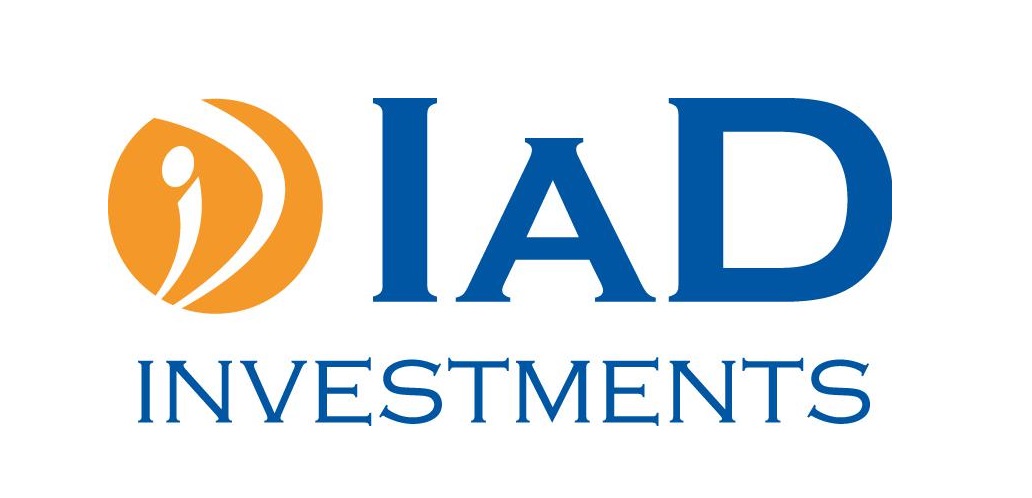An interview with a student of the Economics and Law programme about the lectures at university.

Dominik Péli is a first year student of the Economics and Law Bachelor Programme at the Faculty of Economics and Finance. He spends his free time between classes by attending lectures beyond his own programme, including those from higher years of study. This makes Dominik an excellent adept for a conversation about what interesting lectures look like (not only) at our faculty. However, we also talked with Dominik about what makes him choose lectures beyond the program, whether lectures should be compulsory, or how the classes at the Faculty of National Economy and the Faculty of Law at Comenius University differ.
Dominik, let's start with the most interesting thing - you attend a lot of lectures beyond your own study programme. What motivates you to do this?
When I arrived at the university, I was surprised by the schedule with long time windows during the day. I wondered how to use this time in a meaningful way. It occurred to me that since my program has no math, I could take some classes to get better at it. Gradually, I went to more and more lectures until I had filled up all my time windows. I found it much more meaningful than filling the time off.
How many lectures/hours do you attend? And how do you manage all this alongside your regular studies?
Last semester I went to about six, this semester I'm not so good with time and I'm only going to three lectures. And how do I manage? I'm an introvert with good time management.
On what basis do you choose lectures beyond your own teaching?
I chose my lectures largely at random. First, I told myself I needed some of that math. Then I got into financial derivatives and quantitative methods. I didn't expect to like econometrics so much back then. I chose the second series of lectures because I was fascinated by behavioral economics. Just last year I had seen the movie The Big Short, and Richard Thaler's brief cameo caught my attention so much that I immediately read a couple of books on behavioral economics from the city library. As a rule, the title of the course must catch my eye when I choose a lecture.
I don't want you to evaluate individual lectures and teachers now. That is not for us to do at this point. But it would be interesting to know what characteristics the subjects you find interesting have. What does a good lecture have to be like to attract and hold your attention?
Personally, I like subjects that I will one day be able to actually use, whether in finance or economic policy. I expect a subject to give me more than if I just read a book. If a subject is taught exactly according to what is in the book, it can't do much to engage me. Regarding lectures, I prefer more interactive lectures, it makes me think about what the lecturer are saying. An occasional joke doesn't hurt either. I also see a difference when lecturing to just a few people or the whole auditorium. If there are too many students at a lecture, I don't see the difference if I'm in the room or just listen to the recording and read the notes. That's where I like majors where there are fewer students at the moment, and thus they get more out of the class.
Lecturers often encounter low interest from students in lectures. We tend to explain this by the fact that while the seminars are compulsory for students, the lectures are, on the contrary, optional. Is this a problem in your opinion? Have you encountered a declining interest from students as you "walk through the lectures" over the course of the year? And would compulsory lectures solve this in your opinion?
I often feel that students are not here to be educated, but to have a degree. I'm not surprised then that they often skip classes, but even mandatory lectures don't solve the problem. You can have a room full of students, but if they don't take anything away from the lecture, why waste their time. We can focus on how to increase the quantity of students attending lectures, but in my opinion, more attention should be paid to those students who are already attending lectures and are interested in the subject. Materials could be provided up front and there could be discussion in lectures, or different examples from practice. I do not think that compulsory lectures would be appropriate.
In addition to lectures, you are a frequent guest at the Economic Research Seminars we organize at the faculty. We didn't originally think they would be attractive to students, but we're glad they've caught your attention. What makes the seminars attractive to you?
Often when I read a book, all I read in it are the results of a research or experiment. It is the research seminars that show me how much work goes behind those results. It makes me think beyond the common theory, it sheds light on how economics developed in the first place. But not every lecture is about a breathtaking field-experiment, some are just about "boring" numbers and statistics. But even these show how difficult it is to get at them at all. Marek Hlaváč's work intrigued me precisely because it shows how just one mistake, when entering numbers, can have wide-ranging macroeconomic consequences. Professor Tyran's lecture, on the other hand, represented the aforementioned field experiment. For us, it is inconceivable that we would just happen to be paid on the street to vote for a certain candidate. However, this is apparently common practice in some parts of India and lessons can be learnt about how fragile democracy is. I recommend the seminar to anyone who wants to better understand how the world around us works.
Since you are a student of the Economics and Law programme, you also attend lectures at the Faculty of Law of the Charles University. Do you also attend lectures beyond the programme in the "law" part of your studies? Are the lectures at the law school different?
The UK Faculty of Law has the disadvantage of having a significantly smaller number of subjects on offer. At UEBA it is easier for me to choose only the subjects that interest me. The other thing is that my programme covers a larger number of law subjects at the same credit rating. This is due to the fact that we have combined multi-semester subjects into a single semester. Therefore, it doesn't really pay off for me to take courses that I'll take later. However, the lectures themselves are very different from the economics ones, this is mainly due to the nature of law. Law allows us to have our own interpretation. Economics, on the other hand, tries to be built mainly on facts.











